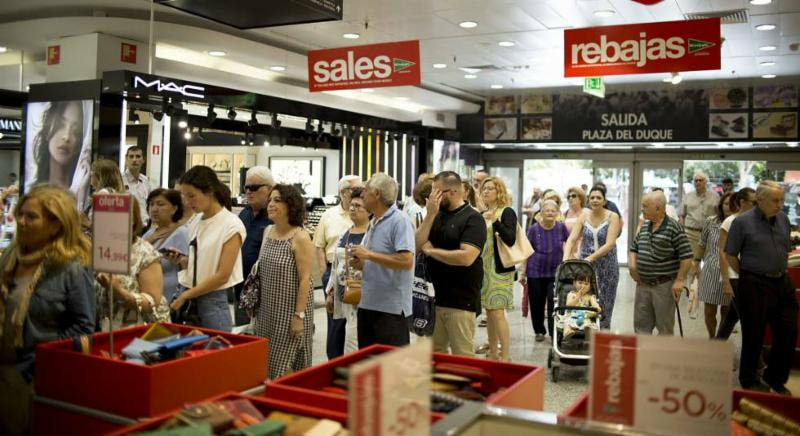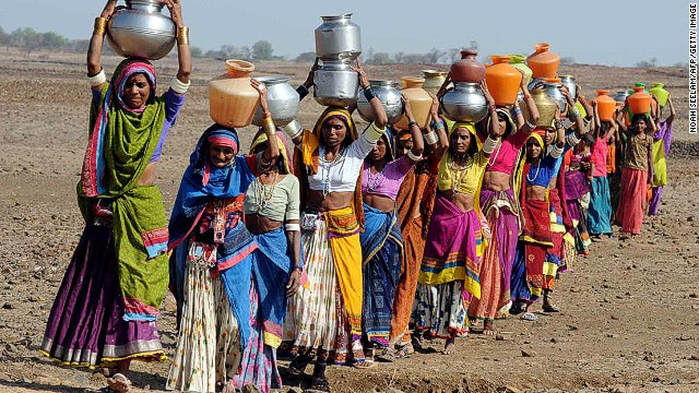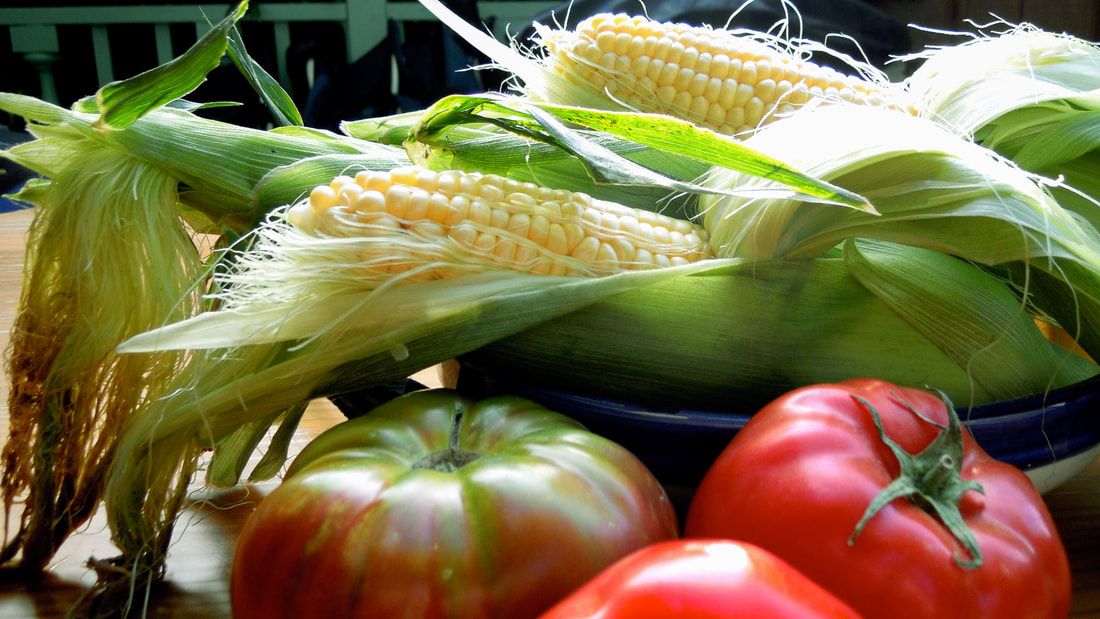|
How can we talk about climate change when everybody has apocalypse fatigue? Psychologist and economist Per Espen Stoknes has spent years studying the defenses we use to avoid thinking about the demise of our planet — and figuring out a new way of talking about global warming that makes caring for the earth feel personal, do-able, and empowering. |
|




